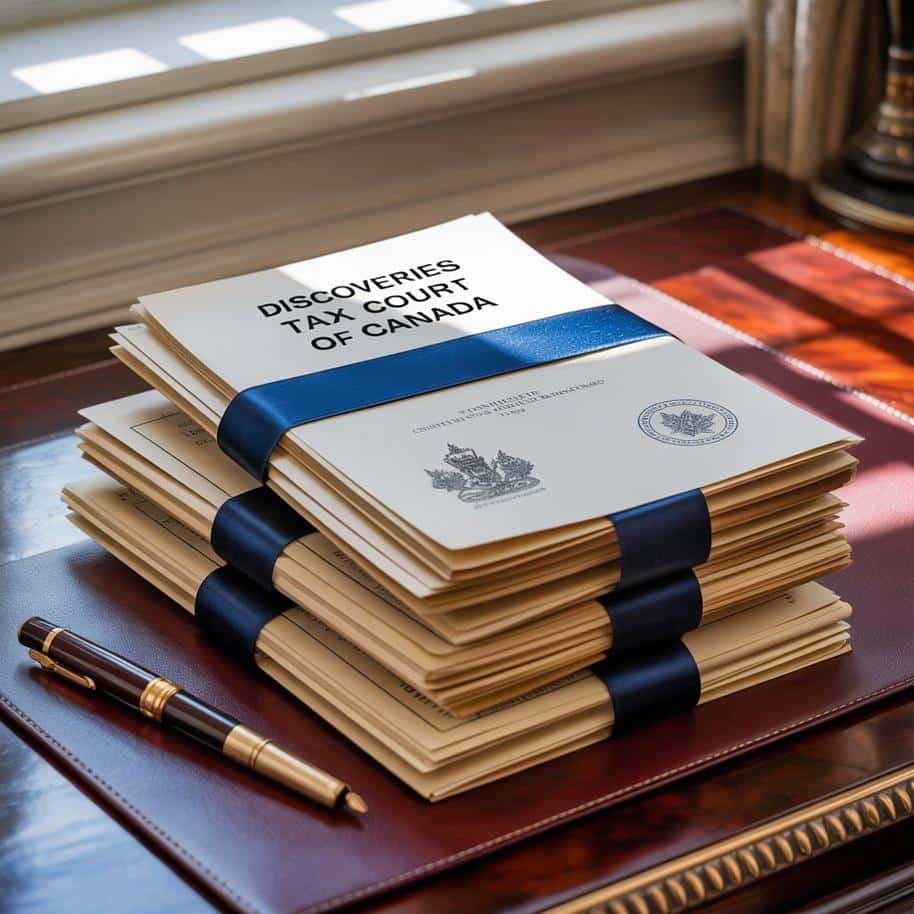Introduction – Cryptocurrency and NFTs should be disclosed as matrimonial property
A divorce will result in many financial changes and one of the major issues for divorcing couples is division of matrimonial property. As cryptocurrency and NFT investments continue to grow, a rising issue is whether they should be disclosed as matrimonial property.
This article first discusses how to deal with cryptocurrency assets and NFT during a marriage breakdown, then it identifies the factors courts tend to review regarding whether to characterize gains from disposition from cryptocurrency or NFTs as income or capital gains. The article then explains the Canada Revenue Agency’s tax audit powers and offers tips regarding how the voluntary disclosure program may help if taxpayers have unreported gains from dispositions of cryptocurrency or NFT.
Cryptocurrency and NFTs must be disclosed during a marriage breakdown
Because cryptocurrency and NFTs are assets like any other, they must be disclosed on the date of valuation. Failure to do so may lead to penalties imposed by the court. For example, in a recent case in British Columbia, the BC Supreme Court in M.W. v N.L.M.W., 2021 BCSC 1273 decided to penalize the spouse who failed to make a fulsome cryptocurrency asset disclosure. In this case, the husband who invested in cryptocurrency only disclosed one cryptocurrency account in his financial statement but claimed to have lost all his cryptocurrency investments. The judge found his actions particularly egregious and attributed $60,000 to his cryptocurrency assets even though he suffered investment losses.
Transferring capital property between separated and former spouses without triggering any income tax liability
Under 73(1) of the Income Tax Act, capital property can be transferred between separated and former spouses without triggering any income tax liability via an automatic rollover if the following conditions are met:
- The property is capital property,
- The property is transferred to a separated spouse, a former spouse or a spousal trust in settlement of marital property; and
- Bother parties are resident in Canada at the time of transfer.
There is no requirement to file an election or form with the CRA if the conditions mentioned above are met and the rollover is automatic. Therefore, when crypto assets are transferred between divorcing spouses, there is no tax consequence. The transferor can also elect out of the rollover irrespective of the consent from the transferee. The capital gain or loss is then triggered and reported in the transferor’s personal income tax return.
Tax consequences regarding gains or losses from disposition of cryptocurrency or NFTs
The recipient spouse, whether a former spouse or a separated spouse, will be taxed on the gains from a subsequent disposition of cryptocurrency or NFTs based on the transferor’s adjusted cost base. The tax consequences will be grossly different based on how the profits are characterized, i.e. business income is fully taxable while only 50% of capital gains are subject to tax (https://taxpage.com/articles-and-tips/trading-stocks-and-cryptocurrency/).
According to case law, courts and therefore CRA will generally treat gains as business income if a business is being carried on or if the gains resulted from an adventure in the nature of trade based on the following factors:
- The nature of the property sold.Where property acquired by a taxpayer is of such a nature or of such a magnitude that it could not produce income or personal enjoyment to its owner by virtue of its ownership, courts will generally assume the taxpayer engaged in an adventure in the nature of trade. As for property acquired that is capable of producing income, if the taxpayer is not in a position to operate it and could only make use of it by selling it, courts will generally make the same presumption.
- The length of period of ownership.Generally, property meant to be dealt in is realized within a short time after acquisition. Nevertheless, there are many exceptions to this general rule.
- The frequency or number of other similar transactions by the taxpayer.If the same sort of property has been sold in succession over a period of years or there are several sales at about the same date, courts will likely presume that there has been dealing in respect of the property.
- Work expended on or in connection with the property realized.If a taxpayer put into effort to bring the property into a more marketable condition during the ownership of the taxpayer, then it’s likely it’s income from an adventure in the nature of trade.
- The circumstances that were responsible for the sale of the property.There may be an explanation for a taxpayer to suddenly sell cryptocurrency due to a sudden emergency or an opportunity calling for ready money. In that case, courts will likely preclude a finding that the plan of dealing in the property was what caused the original purchase.
- This is the most important factor. The intention at the time of acquiring an asset as inferred from surrounding circumstances and direct evidence is one of the most important elements in determining whether a gain is of a capital or income nature. Alternatively, if a taxpayer has a secondary intention to sell the property in case things don’t pan out before purchase, then courts will treat it as income from business.
T1135 foreign reporting requirements regarding cryptocurrency
A taxpayer is required to report any “specified foreign property” with a total cost of more than $100,000 at any time during the year to the Canada Revenue Agency (CRA) and file the T1135 form. The definition of “specified foreign property” under the Income Tax Act generally includes cryptocurrency, NFTs or other blockchain-based assets. However, it excludes property that is used or held exclusively in the course of carrying on an active business. (https://taxpage.com/articles-and-tips/a-canadian-tax-lawyers-guidance-on-t1135-for-cryptocurrencies/)
Failure to file the T1135 form may result in a penalty of at least $100 or $25 per day for each day that the form is late with a maximum of $2,500. If the CRA issues a demand for the return, and if the person fails to file the T1135 form knowingly or under circumstances amounting to gross negligence, the penalty if $1,000 per month for each that the form is late with a maximum of $24,000. Further penalties may apply if the form is late by more than 24 months.
Voluntary Disclosure and failure to file T1135
Taxpayers who fail to file their T1135 forms on time don’t need to panic as the Voluntary Disclosure Program (VDP) is designed as a second chance for taxpayers to correct their previous errors on their tax returns or disclose unreported income in exchange for penalty or interest relief. However, for the CRA to accept a VDP application, it must be
- Voluntary;
- Complete;
- Involve the application or potential application of a penalty;
- Include information that is at least one year past due; and
- Include payment of the estimated tax owing.
The CRA has made it clear that it is not obligated to accept all VDP applications and each VDP application will be reviewed based on its own merit. Regarding whether to accept an application, it is subject to the CRA’s own discretion (https://taxpage.com/voluntary-disclosure/).
Pro Tip
F.A.Q.
When a capital property is transferred between former spouses during a marriage breakdown, will it trigger any income tax consequences?
There is no tax triggered when a capital property is transferred between former spouses during a marriage breakdown, a rollover which is essentially a tax-free transfer is automatic if certain conditions are met and there is no requirement to file an election or form with the CRA.
When is the due date for filing the T1135 form?
Due date for filing the T1135 Your T1135 is due on or before the due date of your income tax return. For individuals the filing deadline is generally April 30 of the following year. Corporations and some testamentary trusts may have an off-calendar year-end, therefore they may have different filing deadlines.
What kind of relief does the VDP provide?
The VDP offers two streams of programs, one is the general program which is more lenient and the other is the limited program which is more restrictive regarding interests and penalty relief.
Under the general program, the taxpayer will not be charged penalties and will not be referred for criminal prosecution. The CRA may also grant a 50% interest relief in respect of assessments for years preceding the three most recent years of returns required to be filed.
Under the limited program, the taxpayer will also not be charged for criminal prosecution and will not be charged gross negligence penalties, However, there is no interest relief.
Regarding both programs, the CRA’s ability to grant penalty relief is limited any taxation year that ended within the previous 10 years before the calendar year in which the application is filed.



